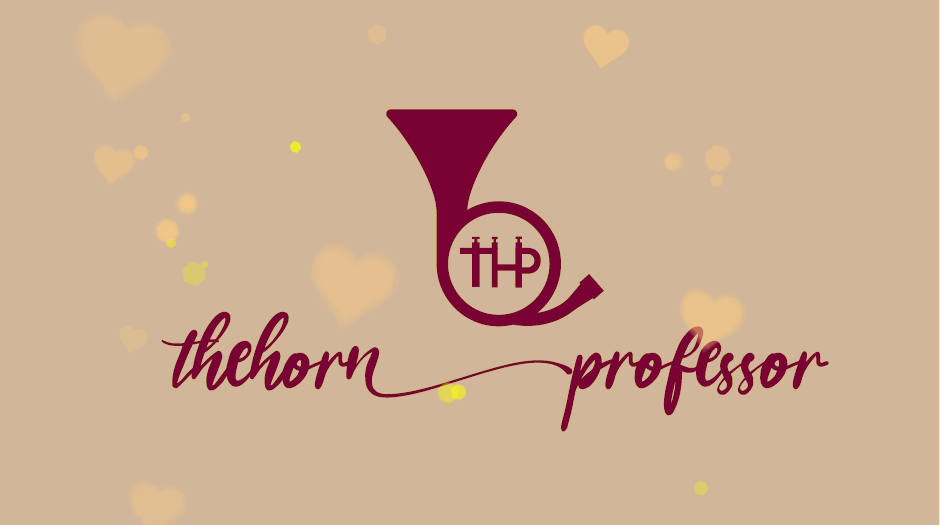It’s not about you
It’s not about you.
I’m not being rude, but….it’s really not about you.
Make no mistake, there is a great deal of time spent on YOU; your technique, your improvement, your musicality, your growth, your equipment...
your EVERYTHING.
And as it should be.
But one thing that is perhaps most overlooked in teaching and PERFORMING is the other part…the “not all about you” part.
the raison d'être...
perhaps the whole point of becoming a musician...
When did you learn to get outside of yourself and into the meaning of music?
(If you are in the field of music solely for your self, then you may need to reconsider, or enter into some deep self-reflection)
When you are the student, you absolutely must be present and focused on learning and developing your craft. In fact, you must be self-centered in many regards...
But, at what time do you learn how to apply your craft? and what are you applying it to?
What does it even mean to apply the craft?
You discover (hopefully) your purpose and use your hard work for something bigger (or beyond) yourself.
Beyond the self. Contemplate that.
Contemplate this: why are you doing this? how can you make it all about something bigger and greater than yourself? how are you going to shift from “you” to the listener, the audience, your students - any receiver of what you are doing?
These questions “question” the justification of music in our culture and society and the purpose of arts in general. My thoughts are about that issue in some regards…but either way, these questions should be thought over way sooner than they usually are. You must come up with your own answers. Don’t wait until you accomplish a myriad of technical feats before you consider musicality and expression. You should start thinking about them right away.
But, how?
I have a few ideas about it.
From a strictly musicological perspective, you should be accountable to as much as possible in the repertoire. Since the music is displaced by time in most cases, every effort should be made to bring all of the other facets (such as the context) of the music, closer.
Many questions could be posed. Here are but a few:
Who is the composer? When was it written? What instrument would have been used? Did the composer have a specific performer in mind? Is the work programmatic? Was there a specific audience or purpose? What was going on in society? What was the political climate? What was the composer dealing with?
Many of these questions are pragmatic and factual, others less so. It is more the question that requires contemplation, and that is subjective - it requires you to consider the ethos of music.
Music is, after all, an artistic form of communication (yes, yes, of course we know it wasn’t always only artistic…). The fun for the performer is the interpretation. If everyone had the same interpretation it would be so boring! And why do what's already been done?
Watching conductors leading and providing direction, notwithstanding, an orchestral performer still has responsibility (and accountability) to the music, not to the self. (It might be noted that conductors, likewise, should ‘get rid of themselves’)
The other big “other” is the listener or audience. You can (and should) start playing outside of the self and play to the listener with every single etude. Sure, I am aware that rudimentary exercises are not written with musical intention necessarily. But why can’t they be played that way?
Challenge yourself to play a ‘boring’ etude with the greatest amounts of passion and musical intention.
How do you play with musical intention? By playing as if for someone else (btw – actually playing for others is the best way to do this), or as experiential learning mandates: just do it.
When you get rid of yourself and aspire to appeal to a deeper musical meaning, you suddenly aren’t the most important thing.
The music becomes the most important thing.
When you aren’t overly focused on your own technique and all the “me” list things (see the first paragraph), you will get lost (in a good way) in what you are doing. When you get lost in what you are doing it is apparent that the music becomes supreme.
You are rid of the self.
The next time you are playing a simple etude, or even a complicated one, approach every phrase as if your heart and soul depended upon it. Put all of your focus on what is coming out of the bell, not what’s going in.
We have many great musical tools at our disposal: crescendo, decrescendo, an array of interesting articulations (my favorite is the tenuto, what’s yours?), tempo, accents and various means of emphasis – and above all rubato (which is glorious permission to do what you want).
Apply descriptive adjectives that go beyond fast or slow, loud or soft (how about energetically or lethargically, boldly or introspectively?).
Tell a story, share an experience…connect in some way to your audience.
Take your listener to another place so that perhaps they too can lose themselves.

